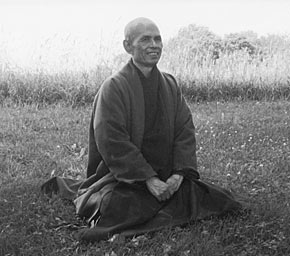 Anybody who reads novels is a secret empathist. Most writers of fiction try to take you on a journey into the minds and lives of their characters, introducing you to worldviews that are not your own, filling your head with the voices of strangers. An instance from the history of empathetic literature is Virginia Woolf’s The Waves (1931), a story told from the perspective of five individuals, with all the dialogue and action being submerged in their thoughts. When we read books like The Waves, we are inevitably drawn to make the imaginative leap that is empathy.
Anybody who reads novels is a secret empathist. Most writers of fiction try to take you on a journey into the minds and lives of their characters, introducing you to worldviews that are not your own, filling your head with the voices of strangers. An instance from the history of empathetic literature is Virginia Woolf’s The Waves (1931), a story told from the perspective of five individuals, with all the dialogue and action being submerged in their thoughts. When we read books like The Waves, we are inevitably drawn to make the imaginative leap that is empathy.
I think novelists, who spend so much time attempting to understand the mental worlds of their protagonists, have a peculiar ability to appreciate the meaning and significance of empathy. One of the best examples of this is an article that Ian McEwan wrote in The Guardian, published just a few days after the September 11 attacks. It is, in effect, a meditation on empathy. ‘Imagining what it is like to be someone other than yourself is at the core of our humanity,’ he writes. ‘It is the essence of compassion, and it is the beginning of morality.‘ Here is the article in full. Continue reading

